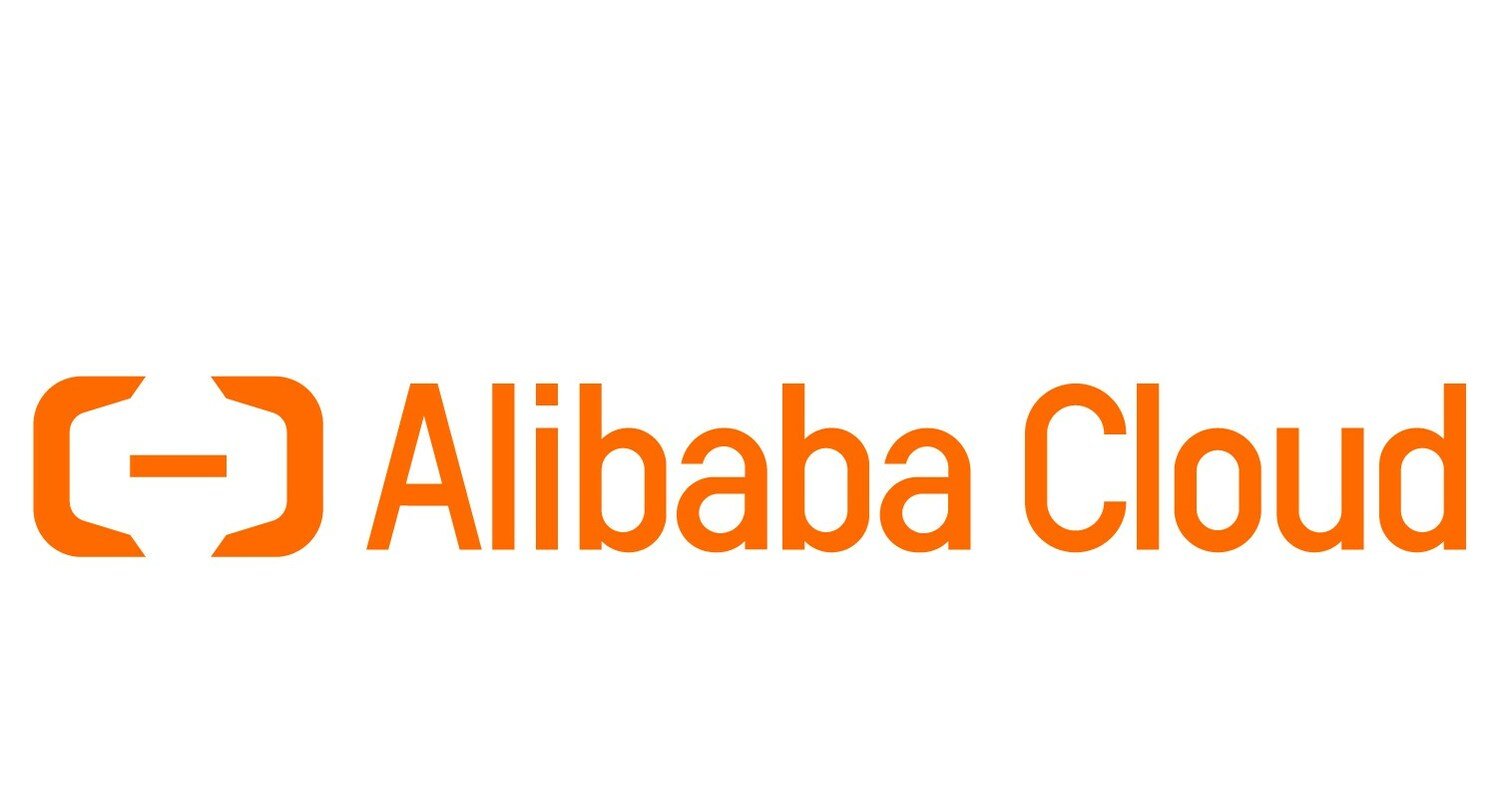Alibaba Cloud has recently unveiled an array of generative AI capabilities designed to revolutionize the landscape of enterprise computing and application development. At the forefront is the ‘Tongyi Qianwen,’ a large language model that has begun to reshape how businesses engage with AI technology. This tool promises to empower users with enhanced productivity in various domains such as coding, content generation, and more. However, the response from the programming community has been mixed, reflecting a spectrum of excitement and skepticism.
Unveiling the Technology
Alibaba Cloud introduced ‘Tongyi Qianwen’ as a multifunctional AI model capable of tasks ranging from drafting business proposals to generating dynamic content in real-time. This AI model is not just another tool; it’s designed to be integrated across Alibaba’s cloud services, offering bespoke AI solutions that can be fine-tuned to meet specific business needs.
The model has been embedded into Alibaba’s ecosystem, enhancing applications like Alibaba’s smart speaker ‘Tmall Genie’ and the enterprise communication platform ‘DingTalk.’ These applications now feature capabilities such as generating meeting notes and creating campaign ideas, or even developing bedtime stories and suggesting workout music.
Programmer Reactions: A Dual Perspective
Programmers have voiced their opinions on platforms like Product Hunt, where Alibaba Cloud’s AI Coding Assistant, a derivative of the Tongyi Qianwen model, is discussed. This tool aids in coding by providing full-line code completion and supporting open-source code snippets, API usage, and Q&A searches. The primary benefit highlighted is the substantial efficiency boost it offers in coding tasks. However, some developers are cautious, pointing out potential impacts on job security and the essential skills of coding.
Critics argue that while the tool is groundbreaking, it could lead to a devaluation of fundamental programming skills and an over-reliance on automated tools. Others fear the possible inaccuracies in generated code, especially in complex scenarios not well-covered by the training data.
Advancements and Educational Initiatives
Beyond immediate utility, Alibaba Cloud is also leveraging its technology to bridge educational gaps. Initiatives like ‘Cloud for Youth,’ in partnership with UNESCO, aim to provide resources to students in rural areas, thus fostering a future-ready workforce skilled in AI and cloud technologies.

















